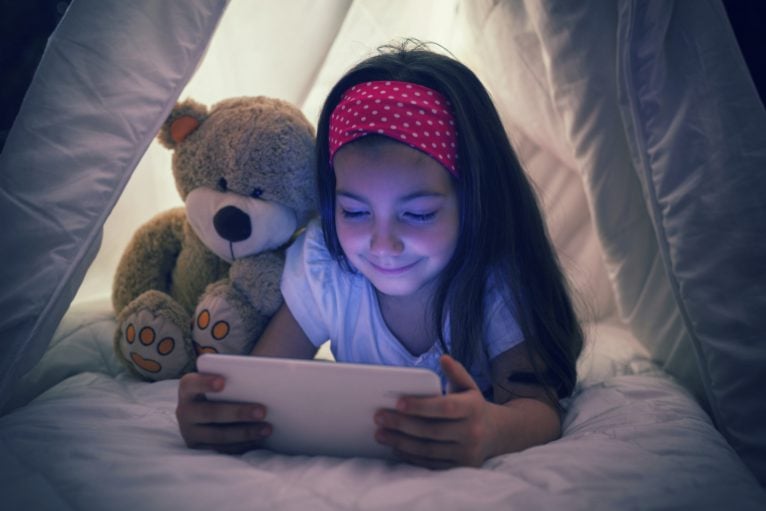Social media, and Instagram in particular, has been linked to depression.

Human behaviourist, Dr John Demartini shares his views on social media addiction in this frank Q&A session:
The time we spend on social media can be described as an “addiction”. What do you think about this?
Like any situation, social media networking has two sides. On the one side it could represent time consumption, distraction, unrealistic expectations, false assumptions, social masking, repression, and on the other side it could provide an opportunity for networking, business or brand growth, advancement and new connections.
Smartphones and other devices can, if not carefully monitored and in some cases moderated, allow others to take up your valuable time. They can distract you from your highest personal or professional priorities or what is most important. But they can also assist us in reaching the world and impacting or influencing others.
Our constant need to check social media can entice us into fantasies with potentially unrealistic expectations which may rob us of appreciating our remaining daily life.

Picture: iStock
Many feel more pressured than ever to have it all and to seek some form of so-called perfection, and we become more preoccupied with other people’s lives than fulfilling our own. When in reality, nobody truly has a “better” life. They only have a different life.
What are some of the risks associated with social media?
With the rise of social media use and the constant sharing of our every move, feeling the need to constantly check your phone and social media feeds for fear of missing out on something, or becoming infatuated with the perceived so-called perfection of other’s lives, are clear warning signs of a potentially distracting relationship with social media.
Comparing yourself to others who you imagine having a greater life can initiate unrealistic expectations within yourself which can result in a feeling of self-depreciation.

Picture: iStock
By being bombarded and electrified by stimuli today, things like comparative social media can be a trigger for anxiety of which we’re not even aware.
How can social media impact our emotional well-being?
The constant exposure to images of perceived perfection can cause us to become almost obsessed with embodying that perfection. Frustration and depression are a by-product a comparison to what your current reality is to an expectation either unrealistic or fantasy or diluted that’s making you not appreciate what you’re having or what you’re experiencing, because you are comparing it to something else.
Social media, and Instagram in particular, has been linked to depression. It is filled with images of the perceived perfection of other people’s lives, often inauthentically portrayed, and can cause us to become distracted by this fantasy of perfection.

Picture: iStock
Depression occurs when you compare your current reality to an unrealistic expectation or fantasy you are holding onto or addicted to. So allowing social media to distract and occupy your time and energy can prolong the grip of this self-induced depression.
What do you suggest to address the potential pitfalls of social media?
Don’t compare your life to others; rather, measure your daily activities against your own dreams and priorities. When you compare yourself, you devalue your efforts and scatter your energy in pursuit of something that isn’t in keeping with what you truly want. Any time you see someone who has something that you really want, look deep inside and take note of what you already have. Don’t look upon ‘likes’ as an endorsement of your character.
Instead of using social media as a narcissistic tool – which no one appreciates – consider how you can serve your community by sharing information or inspiration that is truly meaningful. In this way, you’re not only providing a boost that all will enjoy; you can also build a personal brand.
Think about the people who have really made a difference in the world, and ask yourself, “do they care how many ‘likes’ they received on a post?”
If you prioritise your daily actions according to your own true highest values, your inner mission will emerge and become present in your mind and overrule any social media unless certain aspects of that media will help you fulfil your purpose.
Brought to you by All4Women
//
For more news your way, follow The Citizen on Facebook and Twitter.






